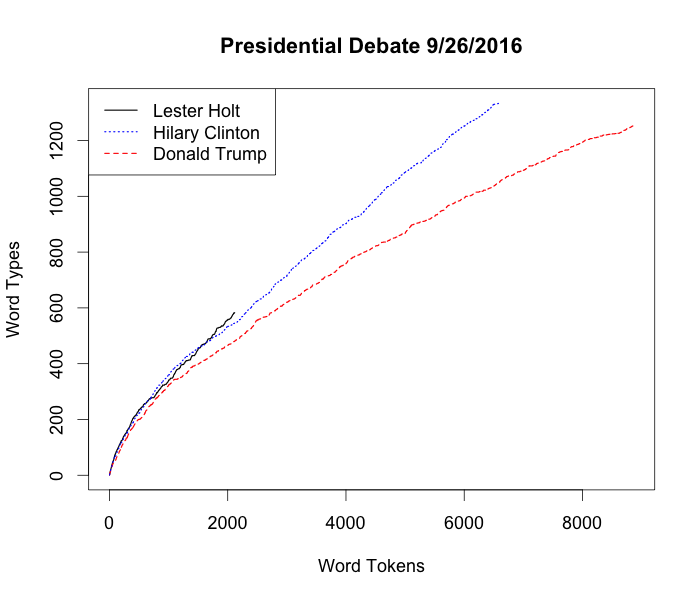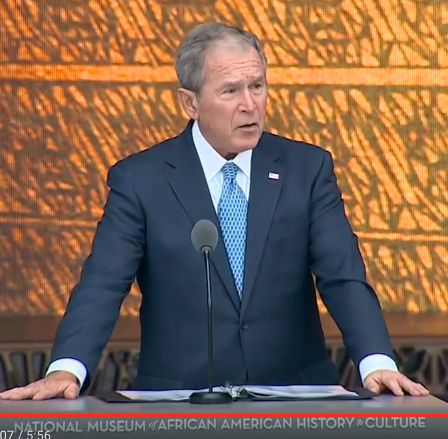Wentzylvania
 I don't watch broadcast TV a lot, but over the past couple of days I've experienced more than four hours of live television — which turned out to be a surprisingly positive experience. Sunday afternoon I watched the Philadelphia Eagles play the Pittsburgh Steelers, and Monday evening I watched the first presidential debate.
I don't watch broadcast TV a lot, but over the past couple of days I've experienced more than four hours of live television — which turned out to be a surprisingly positive experience. Sunday afternoon I watched the Philadelphia Eagles play the Pittsburgh Steelers, and Monday evening I watched the first presidential debate.
My expectations for both events were low. I agreed with most Philadelphians in hoping that the Eagles and their rookie quarterback Carson Wentz could avoid embarrassing themselves, and maybe keep it close before losing. And I reckoned that the debate would be a sort of political duel of pro wrestling promos, maybe mixed with some reality-television tropes, where dominance theater would dominate.
Read the rest of this entry »




